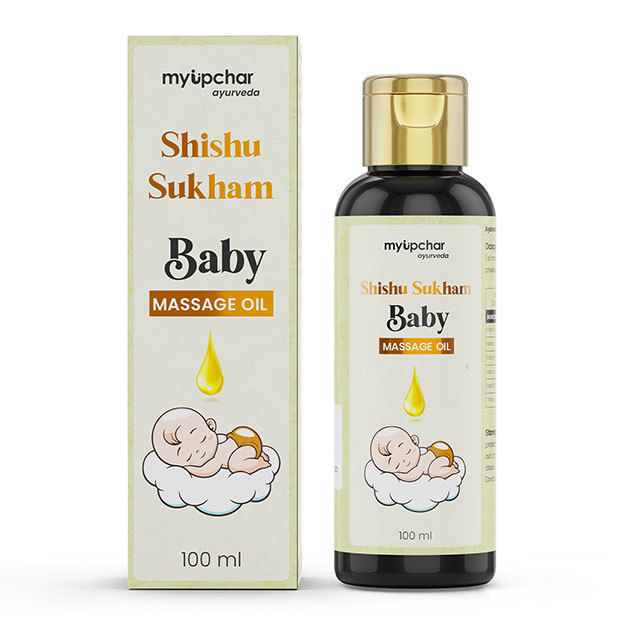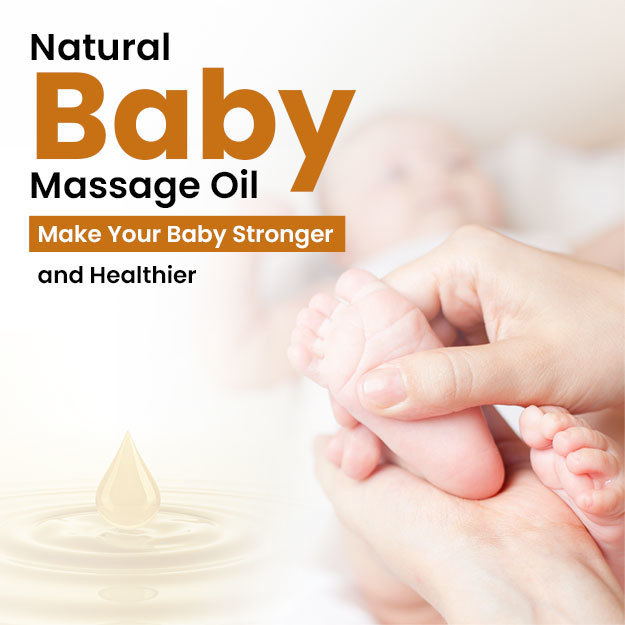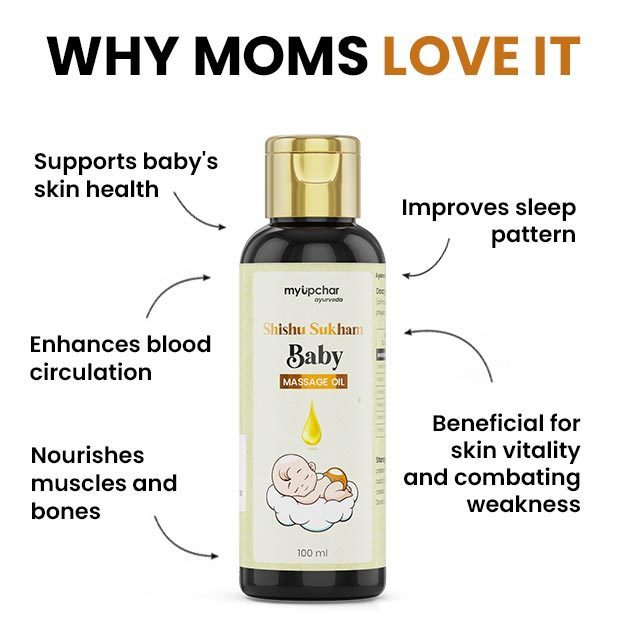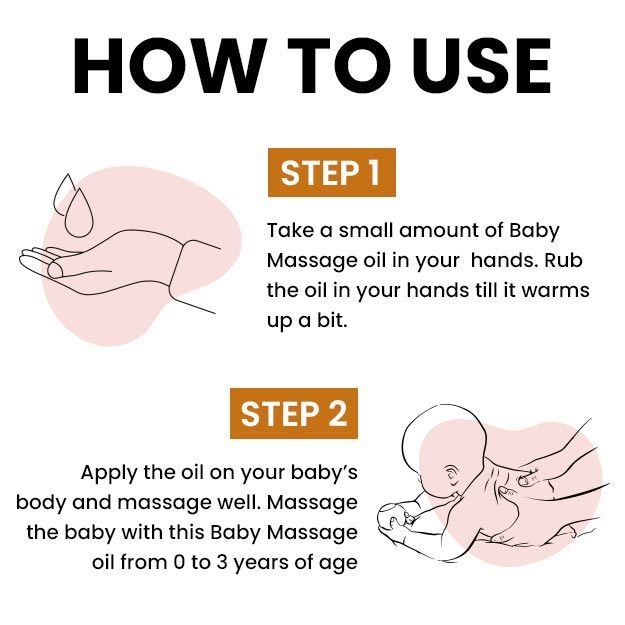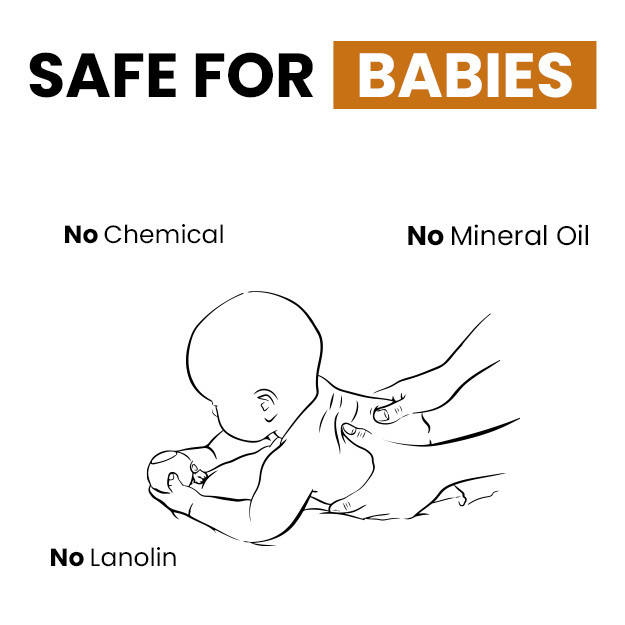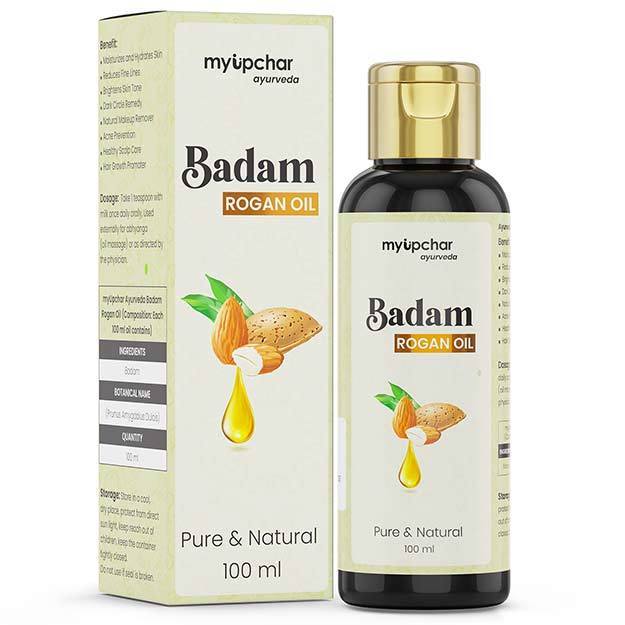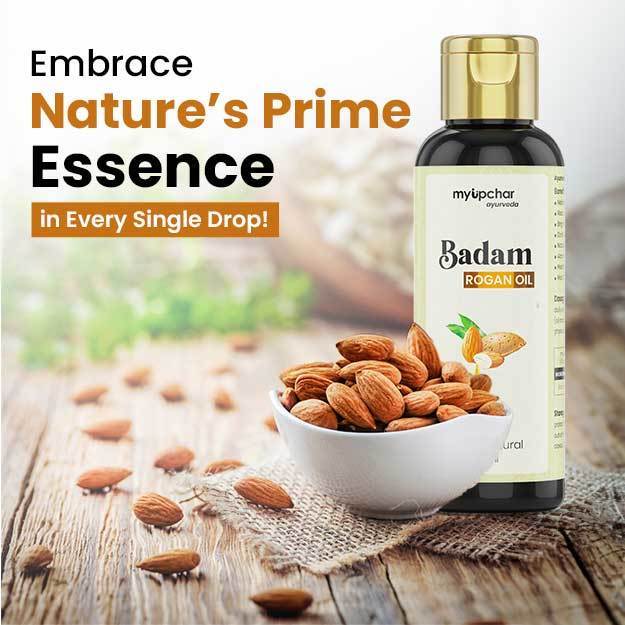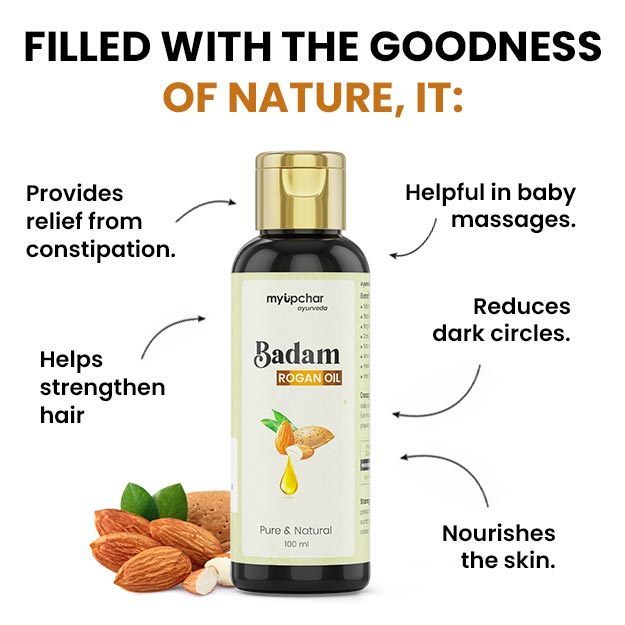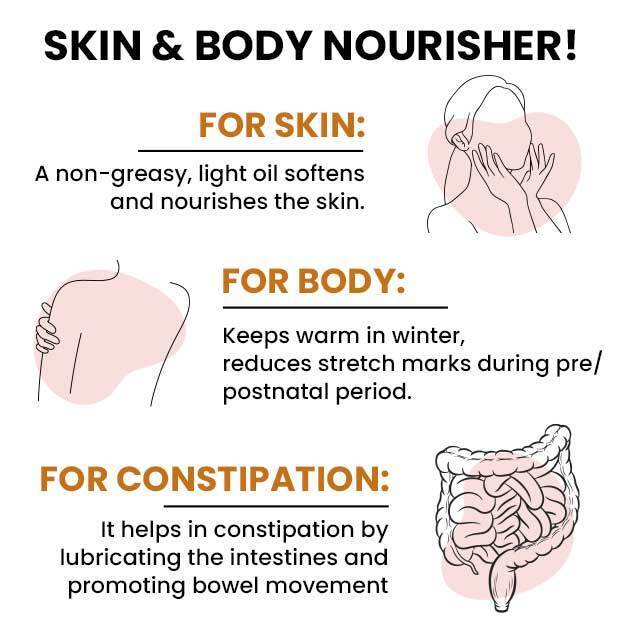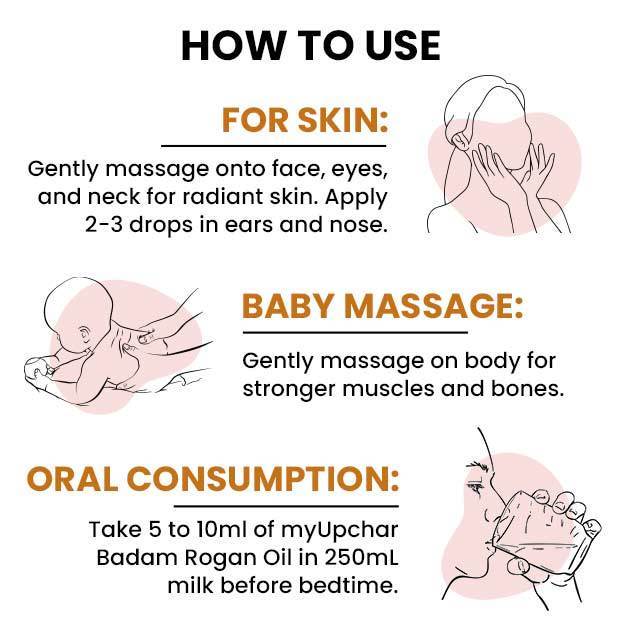After carrying the baby in your womb for 9 months, now your baby has entered the ninth month after birth. The ninth month is one of the most exciting stages in terms of a baby's development. Your baby is now just 3 months away from celebrating his first birthday. You will feel that by this stage, your baby has become more agile and mischievous than ever before.
Now your baby has become more mobile than before, has started making different sounds and is seen trying to do new things in excitement all the time. By the time your baby enters the 9th month after birth, how he plays, speaks, behaves, learns new things - all these things give important indications about the baby's development.
(Read more: 9 months pregnant: baby weight, care, tips and diet)
A 9 month old baby becomes more active than the last few months. He learns to run around the house on his knees and even learns to stand with the help of some things and move his legs forward to walk. Imitating parents or other family members or reacting quickly to being fed something new. These are some of the things that your baby will be happy to see.
Although the rate of development of every child is different, there are some standards of how and how much a child should develop according to each month. In such a situation, how much should be the weight of a 9 month old baby, what should be his height, how much should he sleep, how many activities should he do, we are telling you about all these in this article.
(Read more: What to Expect: Your Baby's Journey at 10 Months)




